Related Research Articles
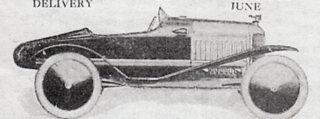
The Aero Car was a flat twin-engine cyclecar manufactured from 1919 to 1920 by the Aero Car Engineering Company in Clapton, London, United Kingdom.
Příbramská strojírna a slévárna was a Czech automobile manufacturer, a successor to the Stelka.
Coadou-Fleury, also known as Coadou et Fleury, was an automobile manufacturer based in Trébeurden, France, that operated from 1921 to 1934.
W.W. (Winter), was an early British car made by Winter and Company of Wandsworth, London. They made two models between 1913 and 1914.
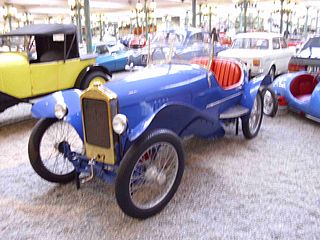
Sénéchal was a French automobile manufacturer between 1921 and 1929.
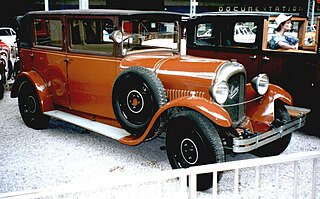
Automobiles J. Suère was a French manufacturer of automobiles between 1909 and 1931.

Sima Violet was a French manufacturer of cyclecars between 1924 and 1929.
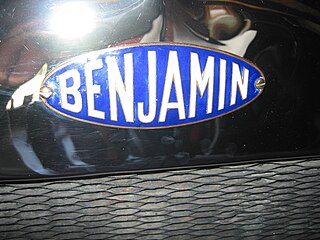
Benjamin was a French manufacturer of cyclecars between 1921 and 1927 and based on the north-west edge of Paris. 1927 was a year of changes which included a name change, and between 1927 and 1929 the company operated under a new name, Benova.
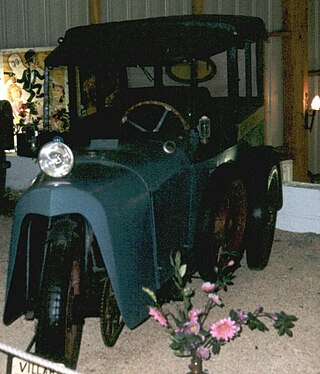
Villard was a French automobile manufacturer between 1925 and 1935.
Raymond Siran, Cyclecars D'Yrsan was a French manufacturer of automobiles in the cyclecar class.

Majola was a French producer of engines and automobiles, established in 1908 and producing automobiles from 1911 till 1928.

Messier was a French automobile manufacturer, based at Montrouge, on the southern edge of Paris, from 1925 till 1931.

Pearson & Cox was a British automobile manufacturer from Shortlands, then in Kent. They traded from 1908 to 1916, and in 1913.), they were producing both steam-powered vehicles and petrol-powered cyclecars.
Dayton, Dayton Dandy, was a British automobile manufactured in 1922 by the Charles Day Manufacturing Co. Ltd. in the London Borough of Hackney W10. The Dandy was a Cyclecar with a single cylinder Blackburne engine producing 4 hp.
WSC, Wholesale Supply Co. Ltd. was a Scottish automobile manufacturer, established in 1914 in Aberdeen. The cyclecar was marketed under the name of WSC with a V twin J.A.P. engine rated for taxation at 8 hp.
James Robertson was a British automobile manufacturer from 1915 to 1916 in Manchester. The Robertson Cyclecar had a V-2, twin-cylinder JAP engine rated at 8 bhp (6.0 kW).

Gordon, Gordon Armstrong, was a British cyclecar produced in Beverley Yorkshire by 'East-Riding Engineering' from 1912 to 1916. Production was halted by World War I.
Newey, Newey-Aster, Gordon Newey, Gordon Newey Ltd, G.N.L. (GNL), (1907-1920) was a British automobile manufacturer from Birmingham.
Willis was a British automobile marque that began and ended in 1913. It was manufactured by Finchley Place Garage in London.

The Horley Motor & Engineering Co. Ltd was a British automobile manufacturer in Horley, Surrey, producing light vehicles between 1904 and 1909. The brand names were Horley and No Name. Horley collaborated with Lacoste & Battmann, the French supplier of vehicle components, assemblies and unbranded vehicles equipped with Aster, De Dion-Bouton or Mutel engines.
References
Other sources
- Harald Linz und Halwart Schrader: Die Internationale Automobil-Enzyklopädie. United Soft Media Verlag GmbH, München 2008, ISBN 978-3-8032-9876-8
- Nick Georgano: The Beaulieu Encyclopedia of the Automobile, Volume 1 A–F. Fitzroy Dearborn Publishers, Chicago 2001, ISBN 1-57958-293-1 (englisch)
- David Culshaw & Peter Horrobin: The Complete Catalogue of British Cars 1895–1975. Veloce Publishing plc. Dorchester (1999). ISBN 1-874105-93-6